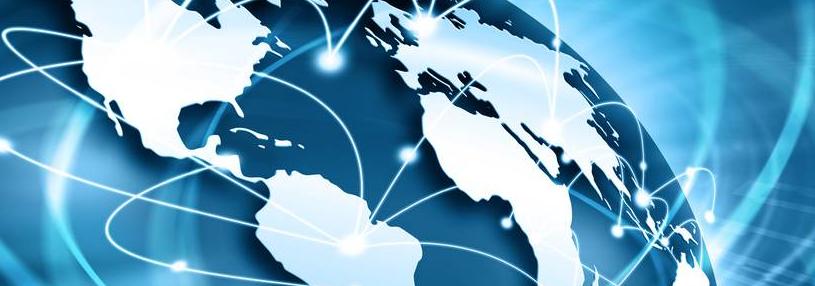Export Controls at WCM
Weill Cornell Medicine (WCM) is fully committed to compliance with all United States export control laws and regulations. Export controls and trade sanctions regulate and restrict the release of critical technologies, software, equipment, chemical, biological materials and other materials, and services to foreign nationals and foreign countries for reasons of foreign policy and national security. All members of the WCM community—including faculty, students, staff, volunteers, visitors, contractors, and consultants—must comply with all export control laws and regulations.
Detailed information about WCM's export controls compliance program can be found below in the Guidelines section. For general inquiries, please email exportcontrols@med.cornell.edu.
What are export controls, and why do they exist?
Export Controls refers to a variety of U.S. federal laws and regulations controlling what commodities, technologies, software, and services may be sent to non-U.S. locations or disclosed to non-U.S. persons. The purpose of these is to protect U.S. national security and non-U.S. policy interests from malign non-U.S. actors who may wish to access our most advanced and useful technologies.
Your research may be subject to export controls oversight when it includes:
- an actual shipment or transmission out of the United States, including sending or taking a controlled item or information out of the United States in any manner,
- releasing or otherwise transferring (including verbally or visually) information about a controlled item to a foreign person in the United States (a "deemed export"),
- transferring registration, control, or ownership of certain controlled items to a foreign person, and
- use or application of controlled technology on behalf of, or for the benefit of, any foreign person or entity, either in the U.S. or abroad.
Is academia exempt from export control rules?
Not entirely. While there are some important “carve-outs” from these rules for institutions of higher learning in the U.S. (see here), export controls can and do apply to a variety of common activities occurring within the research enterprise at WCM and elsewhere.
International shipping, travel to non-U.S. locations, or even hosting non-U.S. national visitors can all have potential export controls implications for you and WCM.
Export Control Regulations and Restricted Countries
The U.S. export regulations carry significant weight, imposing strict controls on imports and exports to certain destinations with prior authorization from the U.S. Government required. This authorization may include an export license, general license, exemption, or license exception. Targeted sanctions restrict the export of specific items, technical data, and software without proper authorization. Before planning any activity involving these countries, consult the WCM Export Control Officer, exportcontrols@med.cornell.edu.
- Embargoed and Sanctioned Countries: Cuba, Iran, North Korea, and Syria
All interactions and transactions are prohibited, including imports, exports, and financial dealings, without WCM approval and US license authorization.
- Countries of Concern: Burma, the People’s Republic of China, Cuba, Eritrea, Iran, the Democratic People’s Republic of Korea (North Korea), Nicaragua, Pakistan, Russia, Saudi Arabia, Tajikistan, and Turkmenistan.
Interactions and transactions must be reviewed and approved for US license requirements prior to engagement.
- Special Watch List: Algeria, Azerbaijan, the Central African Republic, Comoros, and Vietnam.
Interactions and transactions must be reviewed and approved by WCM.

